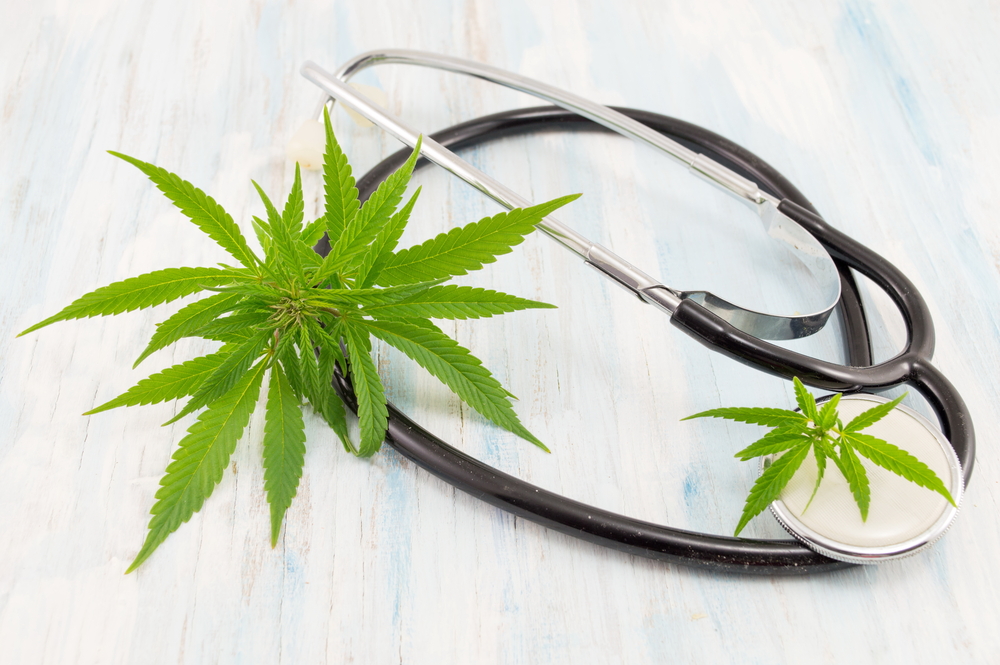Review Study Supports Ability of Epidiolex to Reduce Seizure Frequency in Dravet, Lennox-Gastaut Patients
Written by |

GW Pharmaceuticals‘ Epidiolex, the first plant-derived cannabidiol medication to be approved by the U.S. Food and Drug Administration, is effective in significantly reducing the frequency of epileptic seizures as an adjunct therapy in children with Dravet syndrome and Lennox-Gastaut syndrome, a review study shows.
The review, “Epidiolex (Cannabidiol): A New Hope for Patients With Dravet or Lennox-Gastaut Syndromes,” was published in Annals of Pharmacotherapy.
Dravet and Lennox-Gastaut syndromes are two rare medical conditions characterized by severe recurrent seizures that fail to respond to treatment with conventional anti-epileptic drugs.
“The frequency and severity of seizures have profound impacts on quality of life, risk for injury (eg, convulsive seizures in [Dravet syndrome], drop seizures in [Lennox-Gastaut syndrome]), health care use, and increased risk for mortality,” the researchers wrote.
Marketed by Greenwich Biosciences, a subsidiary company of GW Pharmaceuticals, Epidiolex is a purified liquid formulation of plant-derived cannabis that is supplied as a 100-mg/mL strawberry-flavored oral solution in a sesame oil base.
It is carbohydrate neutral and compatible with ketogenic diets — a diet high in fats and low in carbs that has been shown to reduce the frequency of seizures and improve cognitive function in children with Dravet syndrome.
Previous clinical trials have found that Epidiolex effectively reduces the frequency of epileptic seizures when used in combination with other anti-epileptic medications.
Researchers in this study reviewed the main findings of these trials regarding the safety, efficacy, and tolerability of Epidiolex for the treatment of children with Dravet and Lennox-Gastaut syndromes.
Relevant studies focused on assessing the efficacy and safety of Epidiolex in patients were identified through the EMBASE and Ovid MEDLINE databases. Studies on the pharmacokinetics — essentially how the body affects a medicine — in humans, animal models, and lab-cultured cells were also included in the review. Information on clinical trials was also extracted from clinicaltrials.gov.
In total, three pivotal, multinational, double-blind, placebo-controlled, Phase 3 trials, all part of the GWPCARE series, were included in the review. All these trials were built on the foundation laid by a previous prospective, multicenter, open-label Expanded Access Program (EAP) trial designed to evaluate the effects of Epidiolex in a group of 162 patients with treatment-resistant epilepsy.
According to the researchers, the EAP trial was the first to present preliminary evidence suggesting “CBD’s positive effect in reducing seizure frequency and tolerable safety profile.”
In all three trials that followed — GWPCARE1 (NCT02091375), GWPCARE3 (NCT02224560) and GWPCARE4 (NCT02224690) — Epidiolex showed higher effectiveness in reducing the prevalence of seizures by 17-23% than a placebo, when administered in combination with conventional anti-epileptic drugs in children older than 2 years.
“These trials revealed CBD’s efficacy in reducing the frequency of the primary seizure type over a 14-week period compared with placebo, providing compelling evidence for the role of pure, plant-derived CBD in the management of DS and LGS,” the researchers said.
Common side effects associated with Epidiolex included somnolence, diarrhea, vomiting, decreased appetite/weight loss, and elevated hepatic transaminases (high levels of liver enzymes that might indicate liver damage).
Further chemical analysis also revealed that when used together with another anti-epileptic medication, such as Onfi (clobazam) or Depacon (valproate sodium), Epidiolex may increase the risk of side effects and should, therefore, be administered with caution.
“Although associated with adverse events, CBD is well tolerated and is considered to be a safe and reasonable treatment option for patients 2 years of age and older with DS and LGS,” the researchers said.
After being approved in the U.S. in June 2018, Epidiolex may continue its journey toward Europe soon, with the results from its marketing authorization application to the European Medicines Agency anticipated early this year.





